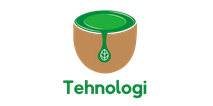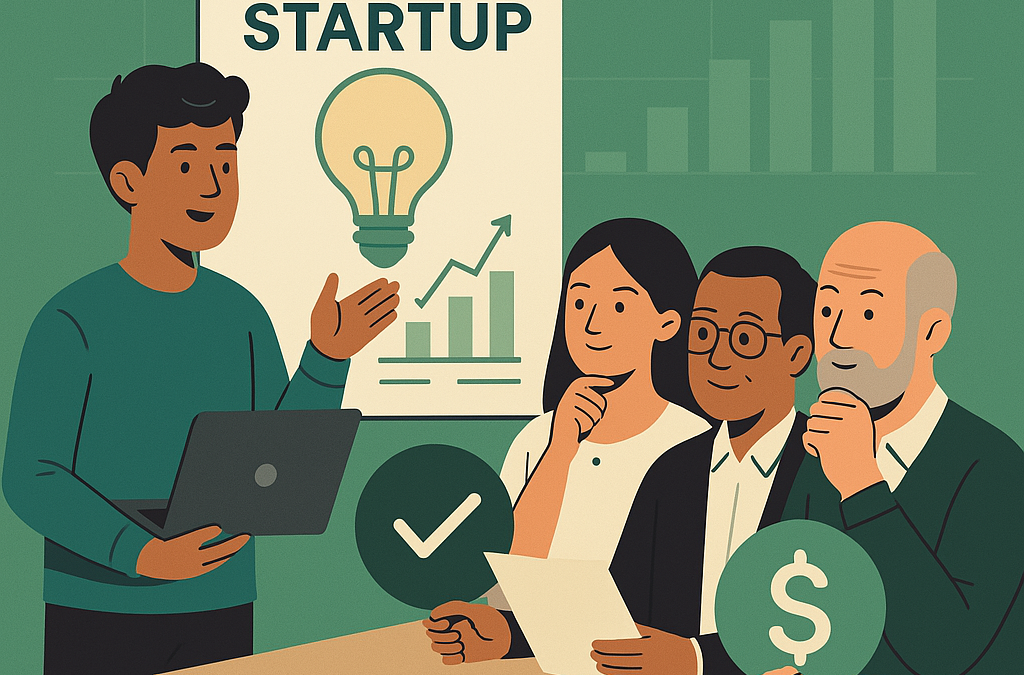
For small businesses in Indonesia, managing taxes effectively can make the difference between thriving and just surviving. While taxes are a legal obligation, smart tax planning can help you reduce your tax burden and free up resources for growth—all while staying compliant with the law.
This guide will walk you through actionable strategies tailored for small businesses operating in Indonesia, ensuring you make the most of the available tax benefits while avoiding common pitfalls.
Why Tax Planning Matters for Small Businesses
Tax planning isn’t just about saving money—it’s about optimizing your business’s financial health. Effective tax planning can:
- Reduce Expenses: Keep more of your hard-earned profits.
- Ensure Compliance: Avoid penalties from incorrect filings.
- Enable Growth: Free up cash for reinvestment into your business.
Step 1: Understand Indonesia’s Tax System
As a small business in Indonesia, it’s essential to know which taxes apply to you.
Key Taxes for Small Businesses:
- Corporate Income Tax (PPh Badan):
- Businesses with annual gross revenue under IDR 4.8 billion qualify for a reduced rate of 0.5% of gross revenue under PP No. 23/2018.
- This rate is available for up to 7 years, depending on the type of business.
- Value Added Tax (VAT/PPN):
- If your annual revenue exceeds IDR 4.8 billion, you must register for VAT and charge 11% on taxable goods and services.
- Employee Income Tax (PPh 21):
- As an employer, you are responsible for withholding and paying employees’ income taxes based on progressive rates (5–30%).
- Withholding Tax (PPh 23):
- Applies to payments for services or rentals; rates vary (e.g., 2% for services).
Step 2: Register for the Correct Taxpayer Category
Ensure your business is registered with the Directorate General of Taxes (DJP) under the appropriate category:
- Individual Entrepreneur (Usaha Mikro, Kecil, dan Menengah – UMKM): Ideal for sole proprietors.
- Legal Entity (PT): Suitable for businesses with multiple stakeholders or larger operations.
💡 Tip: Register online through the DJP Online portal for convenience.
Step 3: Take Advantage of Available Tax Benefits
Indonesia’s tax system provides incentives specifically for small businesses.
Actionable Steps:
- Utilize the 0.5% Final Tax (PP 23/2018):
- Small businesses earning less than IDR 4.8 billion annually can pay a final tax of 0.5% of gross revenue instead of regular corporate tax.
- Claim Tax Deductions for Expenses:
- Deduct legitimate business expenses like:
- Rent.
- Salaries.
- Marketing costs.
- Utilities.
- Keep receipts and invoices for proof.
- Deduct legitimate business expenses like:
- Apply for Tax Allowances or Holidays:
- For businesses in priority industries or special economic zones, check eligibility for reduced tax rates or exemptions.
Step 4: Keep Accurate Financial Records
Good record-keeping is essential for claiming deductions and ensuring compliance.
Actionable Steps:
- Use Accounting Software:
Tools like Jurnal, Sleekr, or Accurate Online simplify bookkeeping and tax reporting. - Track All Receipts:
Scan and categorize receipts for easy reference during audits. - Separate Business and Personal Finances:
Open a dedicated business bank account to avoid confusion.
💡 Tip: Businesses that keep detailed records are less likely to face disputes during tax audits.
Step 5: File Taxes Correctly and On Time
Late or incorrect filings can result in penalties.
Actionable Steps:
- File Monthly Tax Returns (SPT):
- Submit PPh 21, PPh 23, and VAT returns through the DJP Online platform.
- Annual Corporate Tax Return (SPT Tahunan):
- Due by April 30th for individual businesses and March 31st for legal entities.
- Pay Taxes Electronically:
- Use e-Billing through the DJP Online system for secure and efficient payments.
Step 6: Maximize Depreciation and Amortization
Depreciation of fixed assets and amortization of intangible assets can reduce taxable income.
Actionable Steps:
- Depreciate Tangible Assets:
- Example: Deduct the cost of machinery over 5–10 years instead of in one year.
- Amortize Intangible Assets:
- Example: Deduct the cost of licenses or patents over their useful life.
💡 Tip: Consult a tax professional to determine the depreciation schedule that benefits you most.
Step 7: Optimize Employee Tax Management
Efficiently managing employee taxes (PPh 21) can save time and resources.
Actionable Steps:
- Automate Payroll Tax Calculations:
- Use payroll software like Gadjian to calculate and withhold PPh 21 accurately.
- Provide Non-Taxable Benefits:
- Examples include health insurance, transportation allowances, or meal stipends (non-taxable up to IDR 200,000/month).
Step 8: Leverage Tax Amnesty Programs
Indonesia occasionally offers tax amnesty programs to encourage compliance.
Actionable Steps:
- Check for Ongoing Programs:
- Participate if your business has undeclared assets or unpaid taxes.
- Pay Reduced Penalties:
- Settle past obligations at a fraction of the cost.
Step 9: Consult a Local Tax Professional
Navigating Indonesia’s tax system can be complex, especially for small businesses. A tax consultant can help you identify additional savings opportunities and ensure compliance.
Actionable Steps:
- Hire a Certified Tax Consultant:
- Look for professionals registered with the Directorate General of Taxes.
- Schedule Regular Reviews:
- Meet quarterly to adjust your tax strategy as your business grows.
Step 10: Stay Updated on Tax Regulations
Tax laws in Indonesia can change frequently. Staying informed ensures you don’t miss new opportunities or face penalties.
Actionable Steps:
- Follow DJP Announcements:
- Visit the official DJP website or follow them on social media.
- Attend Tax Workshops:
- Many local chambers of commerce offer training sessions.
Recommended Tools and Resources
- DJP Online: Indonesia’s official tax platform for filing and payments.
- Accounting Software: Jurnal, Accurate Online, or Sleekr for tax reporting.
- Books:
- “Panduan Perpajakan Indonesia” by Darussalam.
- “Tax Planning in Practice” by DDTC.
Final Thoughts
Effective tax planning doesn’t just reduce your tax burden—it gives you the peace of mind to focus on growing your business. By leveraging Indonesia’s tax incentives, keeping detailed records, and filing on time, you can ensure compliance while maximizing your savings.
Take action today and start optimizing your tax strategy for long-term success. A smarter tax approach means more resources for what truly matters—growing your business.















